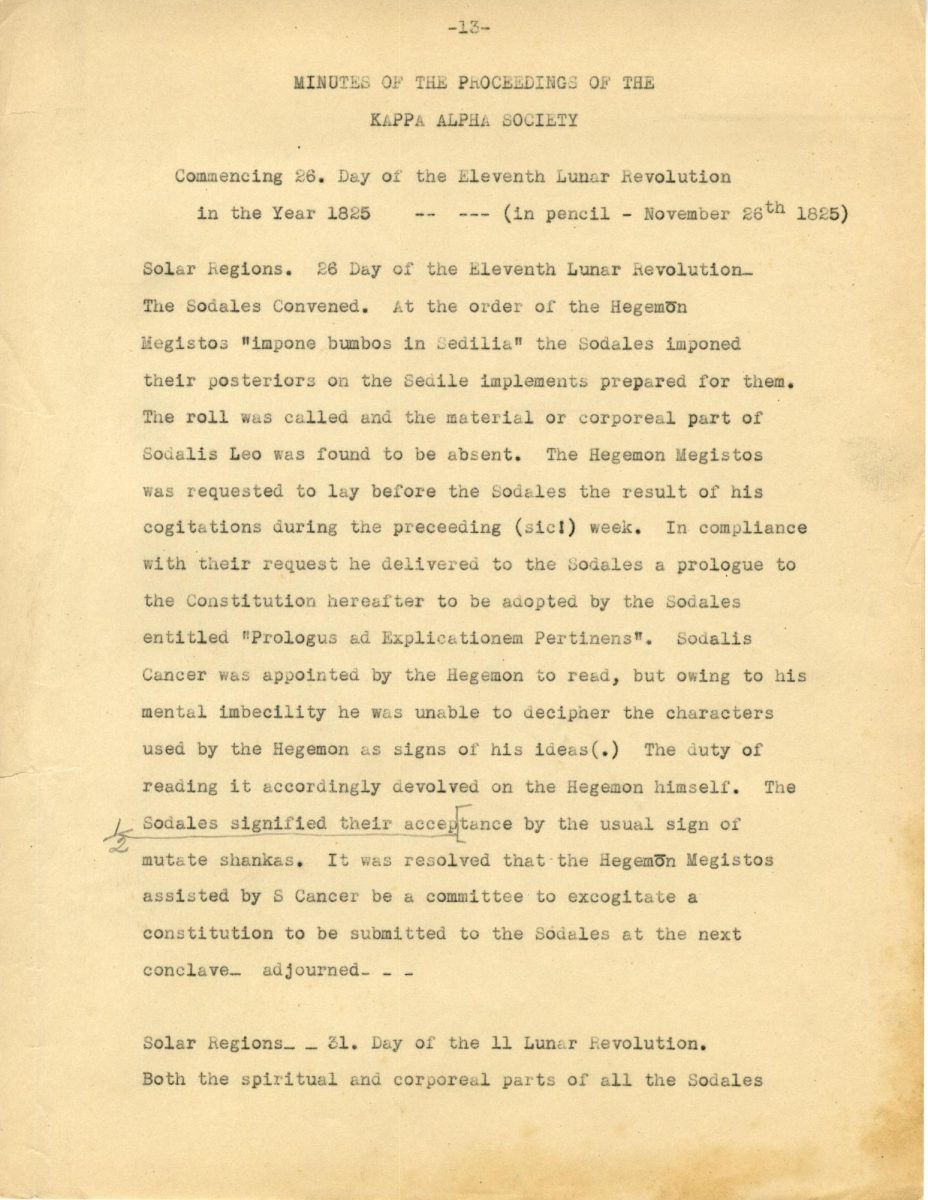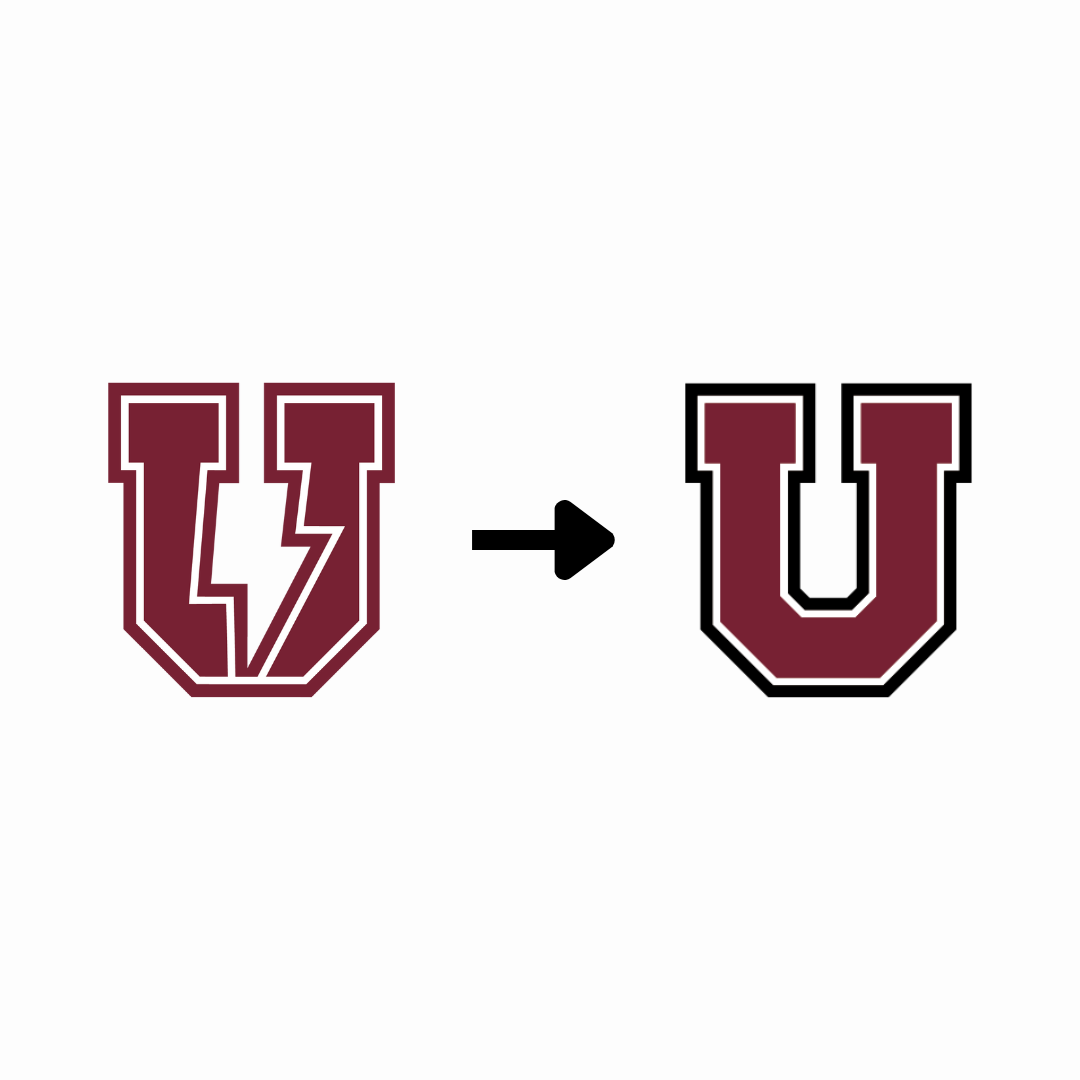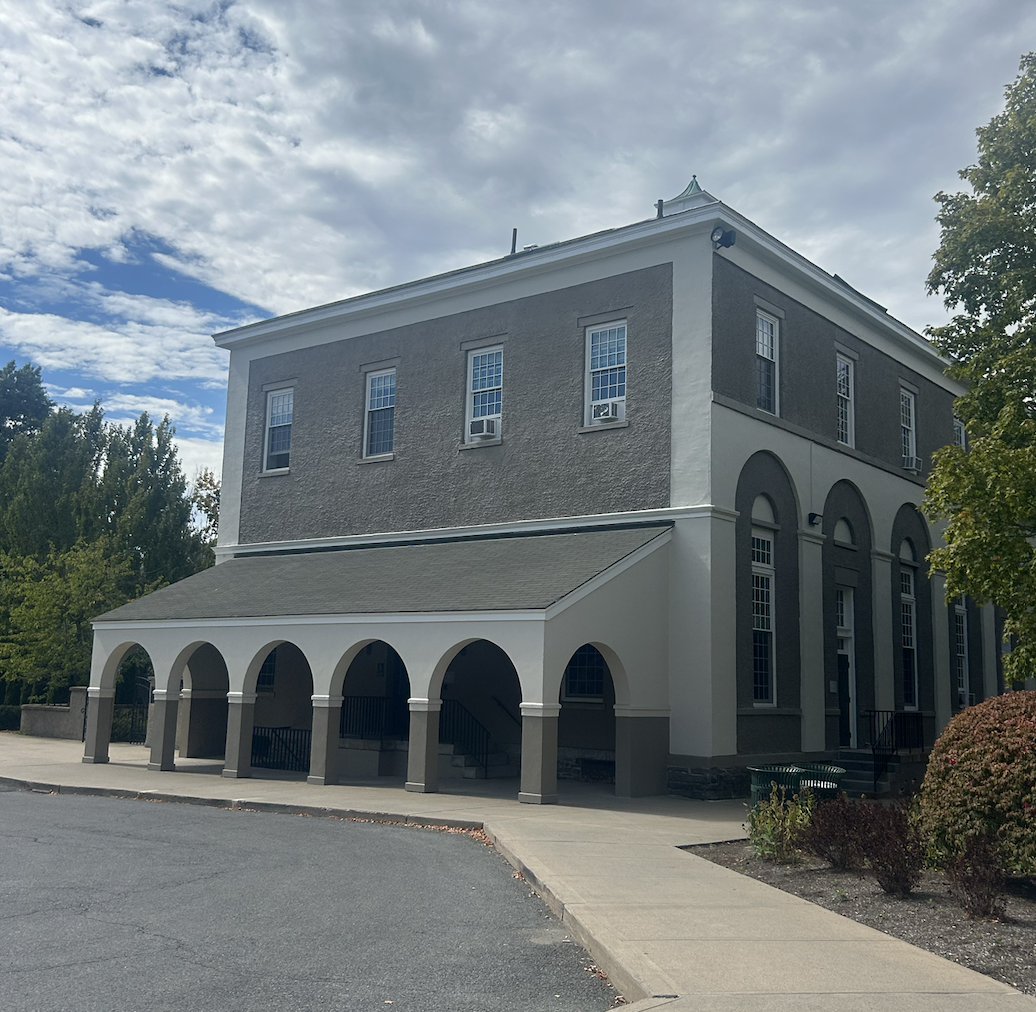On Monday, February 10, rising senior students who applied to be released from their housing contract received their decisions for off-campus release. The majority of students who applied were not released, to the dissatisfaction of the rising senior class. Despite this decision, some students will opt to live off campus anyway.
Union requires students to live on campus for all four years because it is a residential college. The college owns a variety of housing options to accommodate students’ different needs: large dorms, such as Fox and College Park Hall, small dorms, such as Webster House and the Minervas, and apartments, such as the ones on Seward Place. However, the college does need to release a limited number of senior students because it cannot fit all students on campus.
For the 2025-2026 year, the college released 30 rising senior students to live in non-college-owned housing, meaning they do not need to pay housing fees and can’t select college housing. To opt in, Union’s Office of Residential Education required interested students to complete an online bystander intervention module, then the students were placed in a lottery and chosen for release.
“Students will be assigned a random priority number and released accordingly until we reach our maximum number. There are no group releases or priority based on involvement on campus, financial need, etc.” Union’s Office of Residential Education explained to interested students. There is no waitlist or appeal process for the decision.
“While we understand this outcome may not be what you had hoped for, we appreciate your patience and understanding as we work to ensure fair and consistent housing decisions for all students,” The Office of Residential Education & Housing said in an email to students who were not released. Nonetheless, students expressed frustration at this decision.
Even though students without release technically cannot live off campus, some students do so anyway in what is nicknamed “paying double.” Students will sign a lease for an off-campus house and then pay the rent in addition to Union’s housing fees. Students paying double have assigned on-campus housing but don’t live in it.
The process is financially possible because rent in Schenectady is significantly cheaper than Union’s housing fees, as long as students live in groups. The average rent for a 4-bedroom house in Schenectady is $2,100, according to Zillow, which would be $5,250 per student on a 10-month lease. This academic year, the college rebates students living off campus $14,772, the amount of tuition dedicated to housing fees.
Despite the release decisions, housing selection must still go on. Rising seniors who were not offered a release will be able to select on-campus housing on Monday, February 24.












